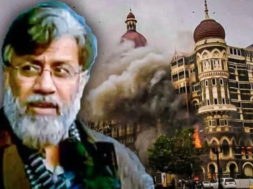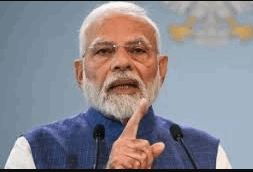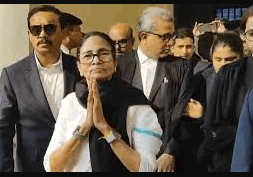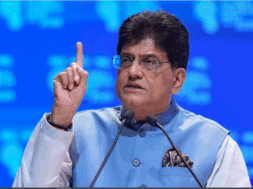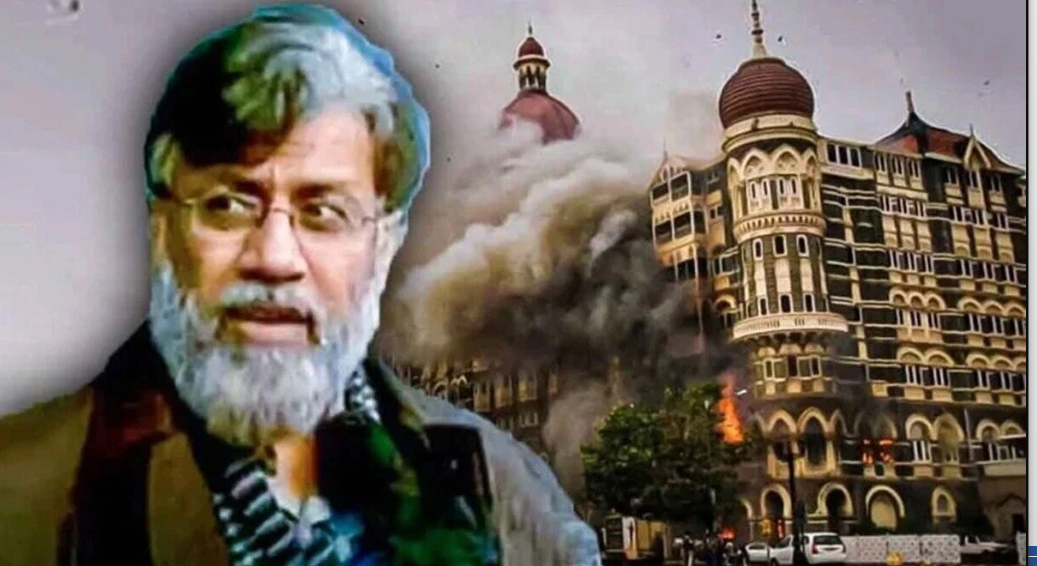
US Supreme Court Clears Tahawwur Rana’s Extradition to India
NEW DELHI, Apr 7: The US Supreme Court has denied 26/11 Mumbai terror attack accused Tahawwur Rana’s final legal appeal seeking a stay on his extradition to India.
Tahawwur Rana, a Canadian citizen of Pakistani origin who was based in Chicago, is wanted for his role in the 2008 Mumbai terror attacks and faces trial under Indian law for orchestrating attacks on innocent civilians in Mumbai during the 26/11 attacks.
Rana was arrested in the United States in 2009 for his involvement in terrorism-related activities, including a foiled plot to attack the Danish newspaper Jyllands-Posten. He was also convicted in the US for providing material support to Lashkar-e-Taiba. He was convicted in 2011 and later sentenced to 13 years in prison. He is currently lodged in the Metropolitan Detention Center in Los Angeles.
Following his conviction, India sought Rana’s extradition to face trial for his role in the Mumbai attacks. In February, this year, the US president Donald Trump had announced the government’s approval for Rana’s extradition to India referring to him as “one of the plotters and one of the very evil people of the world.” “Tahawwur Rana will be going back to India, where he will face justice,” Trump said at the time, underscoring Washington’s commitment to counterterrorism cooperation with New Delhi.
He then had submitted an “Emergency Application For Stay Pending Litigation of Petition For Writ of Habeas Corpus” on February 27, with Elena Kagan, Associate Justice of the Supreme Court of the US and Circuit Justice for the Ninth Circuit.
Earlier last month, the judge had denied the application. Rana had then renewed his “Emergency Application for Stay Pending Litigation of Petition for Writ of Habeas Corpus previously addressed to Justice Kagan,” and requested that the renewed application be directed to Chief Justice Roberts. On Monday, a notice on the US Supreme Court website said, “Application denied by the Court.”
Rana was identified by the Mumbai Police in their 405-page charge-sheet related to the 26/11 attacks. He is accused of being an operative for Pakistan’s Inter-Services Intelligence (ISI) and the terror group Lashkar-e-Taiba.
The charge-sheet states that Rana is alleged to have supported the 26/11 attacks’ mastermind, David Coleman Headley, who conducted the reconnaissance for the Mumbai attacks. Less than a year after the 26/11 Mumbai terror attacks, the Federal Bureau of Investigation (FBI) in Chicago arrested Rana.
Fifteen years ago, he was running a travel agency in Chicago when he and his associate David Coleman Headley scouted locations and landing zones in Mumbai for the attack. Investigators claim that the Pakistani terrorists who carried out the fatal attack used a blueprint that Rana was involved in creating.
Rana and David Headley face charges of aiding the terror plot. The 26/11 Mumbai attacks were a series of coordinated terrorist strikes carried out by 10 gunmen from the Pakistan-based group Lashkar-e-Taiba over four days from November 26 to 29, 2008. The attackers targeted multiple locations across Mumbai, including the Taj Mahal Palace Hotel, Oberoi Trident Hotel, Chhatrapati Shivaji Terminus, and the Jewish outreach centre Nariman House.
The assault claimed 166 lives, including foreign nationals, and left over 300 injured. It remains one of the deadliest terror attacks in India’s history. While nine of the terrorists were killed by the security forces on the spot, one was caught alive and was hanged to death after trial.
(Manas Dasgupta)
